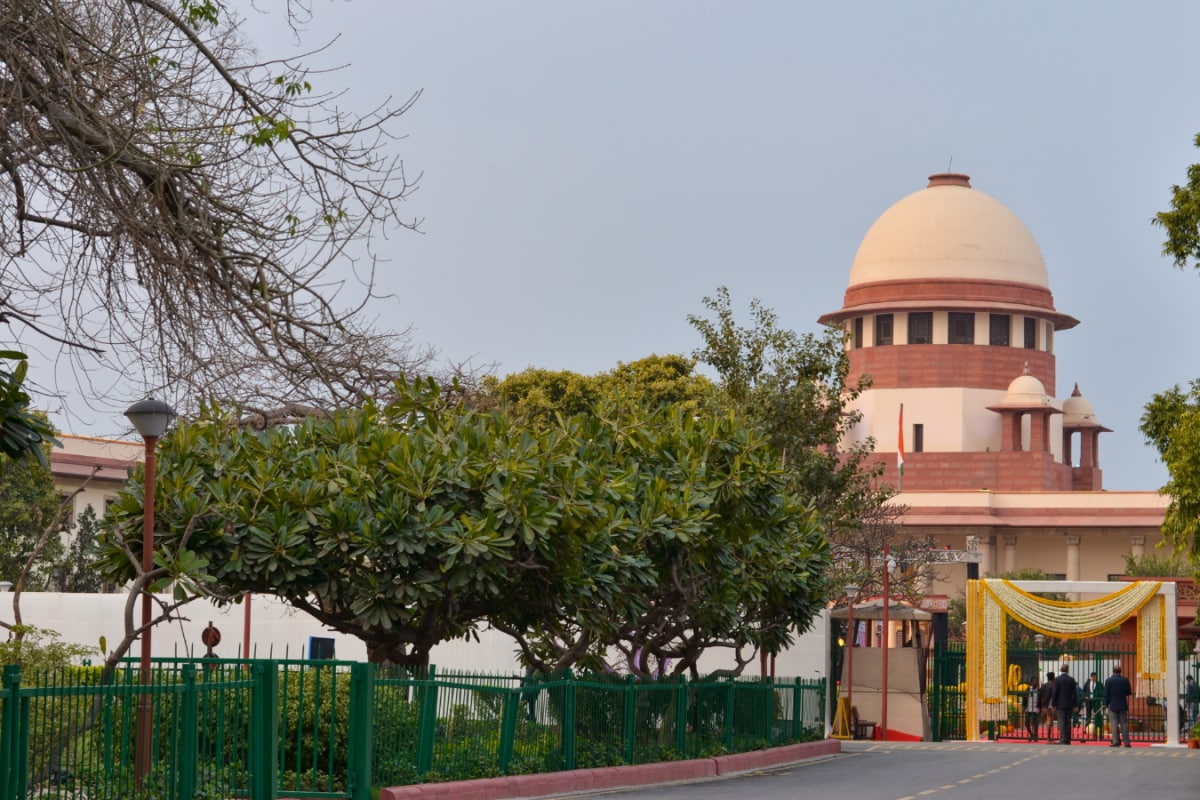

The Supreme Court of India, in a hearing on Friday, May 23, 2025, granted the Delhi government's request to withdraw seven cases that had been filed by the previous Aam Aadmi Party (AAP) administration against the Union Government and the Lieutenant Governor (LG) of Delhi. The cases in question pertained to disputes over control of administrative services and governance-related issues in the National Capital Territory.
The decision was made by a bench comprising Chief Justice B. R. Gavai and Justice Agustine George Masih, who considered the arguments presented by Additional Solicitor General Aishwarya Bhati, representing the current BJP-led Delhi government. The request for withdrawal cited the change in political leadership as the primary reason for seeking to end the litigation.
The withdrawn cases encompassed a range of contentious issues that had been points of conflict between the AAP government and the LG, who represents the central government in Delhi. These included challenges to the Government of National Capital Territory of Delhi (Amendment) Act, 2023, matters related to the rejuvenation of the Yamuna River, and disagreements over the allocation of funds for the Delhi Jal Board. One significant case involved a stay granted by the Supreme Court in July 2023 against a National Green Tribunal (NGT) order that had directed the LG to head a high-level committee for the Yamuna River's rejuvenation. The Delhi government had argued that the NGT's decision was flawed because it believed the LG does not have the constitutional power to act independently of the elected government.
Other withdrawn cases included a plea seeking reaffirmation that the LG is constitutionally bound to act on the aid and advice of the Council of Ministers of the Government of National Capital Territory of Delhi (GNCTD). There was also a case challenging orders from the Ministry of Home Affairs (MHA) and the LG concerning the release of payments to government-appointed lawyers, along with the process for appointing advocates-on-record and other legal representatives in the Supreme Court and the Delhi High Court.
During the proceedings, a lawyer raised concerns regarding the outstanding fees owed to advocates who had been engaged during the AAP's tenure. The Additional Solicitor General assured the bench that all pending fees would be settled.
The Supreme Court's decision effectively closes a chapter in the long-standing legal battles between the Delhi government and the central government, specifically regarding the administrative control of Delhi. By allowing the withdrawal of these cases, the court has paved the way for a potentially smoother working relationship between the two entities. It remains to be seen how this will impact the governance and administration of Delhi in the long term.